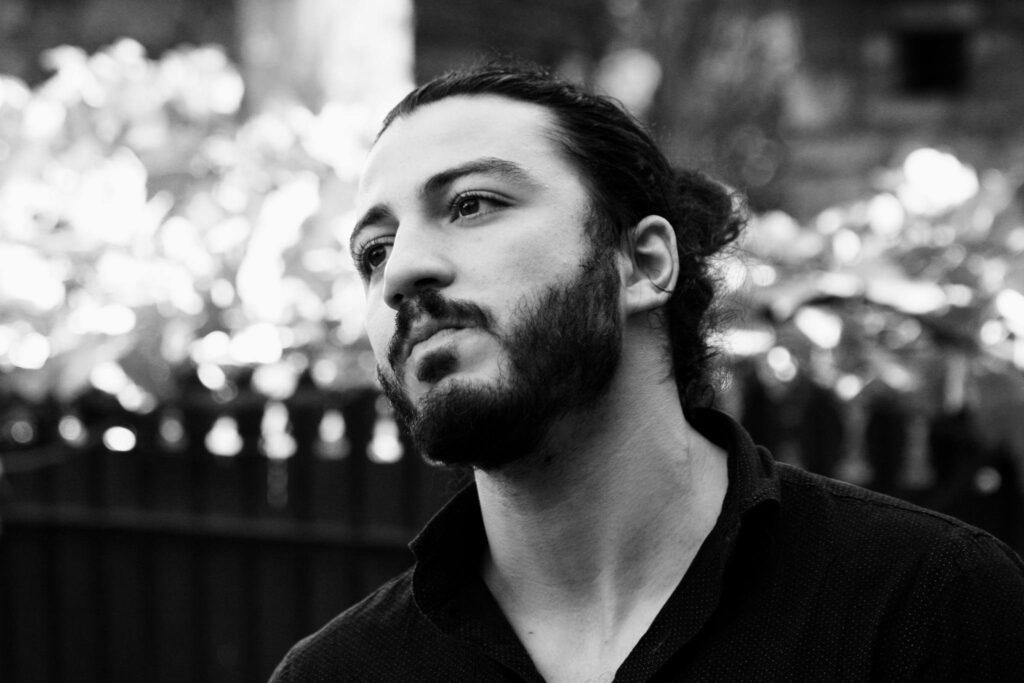The Tbilisi Court of Appeals has upheld a ruling that the murder of Jewish-Yazidi man Vitali Safarov by neo-Nazis was not ethnically motivated.
Safarov, 25, was stabbed to death by Avtandil Kandelakishvili and Giorgi Sokhadze in September 2018 outside the Warszawa bar in central Tbilisi.
Despite Kalandarishvili having a swastika tattoo on his body, and contrary to witness testimony, both he and Sokhadze insisted they were not members of any hate group.
Thursday’s ruling upholds the 2019 conviction of the two men for premeditated group murder, and their sentences of 15 years each in prison.

Eka Kobesashvili, a lawyer for the Human Rights Centre representing Safarov’s family, argued that the courts had failed to give due weight to key evidence.
This included the testimony of a friend of the two killers who witnessed the murder, who testified in court that Safarov was attacked after he told his killers he was Jewish and worked on ethnic minority rights.
According to the witness, Kandelakishvili shouted ‘fuck your Jewish mother’ before beginning to stab Safarov in the stomach. He also testified that Sokhadze, who held Safarov during the attack, shouted ‘he killed that Jewish motherfucker’ before the group fled.

Kobesashvili said Safarov’s family did not agree with the judge’s decision, and that the Prosecutor’s Office intended to appeal the ruling to the Supreme Court.
[Read on OC Media: Vitali Safarov’s mother: I must know why they killed my son]
The Centre for Participation and Development, the human rights organisation that Safarov had worked for before his death, said the ruling showed that the judges in both the first and second instance courts were ‘afraid’ to set a precedent.
The centre’s director, Giorgi Marjanishvili, told OC Media that their legal fight was ‘not only for Vitali’.
‘In Georgia, people believed that there was no hate, that there were no neo-Nazi groups — this illusion has been created’, he said. ‘They do not want to believe — both the judges and a segment of society.’
‘[We] can see the Prosecutor's Office is working on the case. They want this case to set a precedent and to prove what the motivation behind Vitaly Safarov’s murder actually was.’
Marjanishvili added that if necessary, the family planned to take the case all the way to the European Court of Human Rights.




 16 February 2023
16 February 2023



